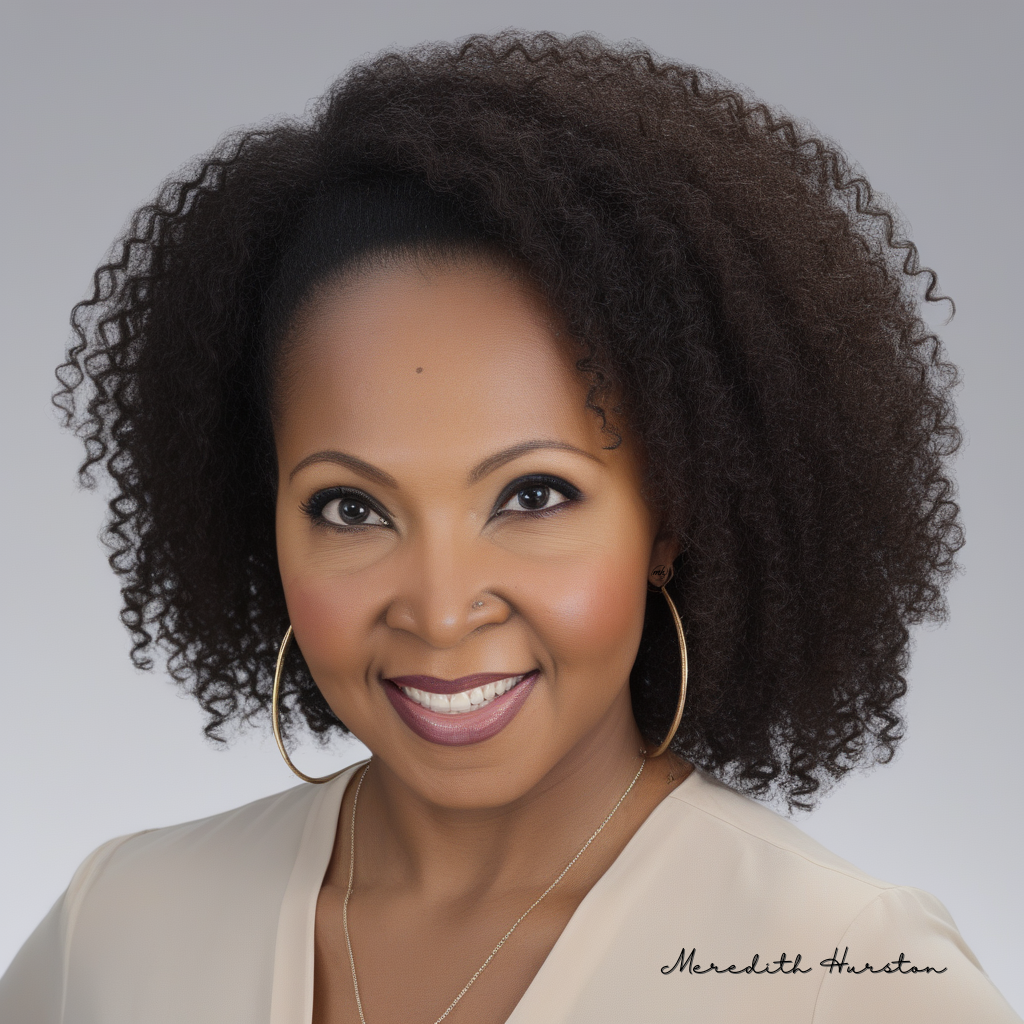
October is breast cancer awareness month. It’s a pretty big deal because 1 in 8 women is diagnosed with breast cancer in her lifetime. Many families have been impacted by this devastating disease and I want to make sure we don’t close out this month without taking some action to help knock-out breast cancer.
Here’s what you can do:
- Don’t keep your head in the sand, learn a few facts about breast cancer and assess your own risk. Talk to your doctor about which screening tests and tools are appropriate for your age and history. Early detection is key and can significantly improve the chance of successful treatment. I know I’m certainly looking forward to hearing more happy stories about survivors and less about the courageous warriors who lost the fight.
- Feel your boobies every month! (You can even make it fun by asking your spouse to help you.) Here are some tips on what to look for “When and how to perform a breast self-exam.”
- Know your covered benefits under the Affordable Care Act. Mammograms are a preventive benefit covered for FREE for women over age 40, every 1-2 years. (If you do not have health insurance, contact your local health department for more information about free mammogram services.)
- Send a text, email or even pick up the phone to call 3 of the women closest to you and remind them to feel their boobies this month and ask if they have had or scheduled a mammogram this year.
- Donate to a charity you trust. The following charitable organizations are highly rated by www.charitynavigator.org
In addition to these 5 things you can do, also increase your knowledge of triple negative breast cancer. It affects 1 in 5 breast cancer patients and occurs more often in African-Americans, Hispanic/Latinas and younger women. And finally, let’s not forget about our men. Breast cancer can develop in men, although it is much less common. Less than 1% of all new cases of breast cancer are male, but when detected, it is usually found in men 60 to 70 years of age.
At a minimum, promise me you will do at least 1 thing on this list. I’d be glad to hear about what you did, so share it in the comments.
Before you go, check out Vickie Williams-Cullins inspiring breast cancer survivor’s story. She was featured as October 2012’s person of the month.


